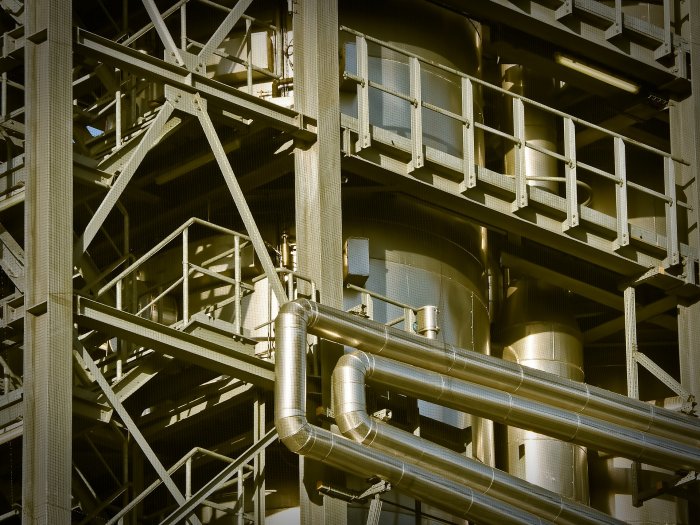21st Century Land Registry to Benefit Logistics

Dr. Eszter Kamocsay-Berta, Managing Partner, KCG Partners Law Firm
A significant barrier to the new supply of prime logistic spaces is that the permitting and entitlement processes are more complex, expensive, and time-consuming than ever, increasing cost and decreasing potential supply, according to Prologis’ Research in its latest edition on logistics real estate.
On June 15, the Hungarian parliament adopted a new land registry act, introducing comprehensive changes to the Hungarian land registry system that may simplify such procedures, decreasing costs for developing new logistic sites. Most provisions of the New Land Registry Act are scheduled to enter into force on February 1, 2023.
Structural Trends Driving Demand for Legislation
The supply of well-located industrial land is decreasing. Industrial-zoned land is shrinking in most highly populated areas due to conversions to other uses. Buildings have gotten larger and need more space as the primary function of a warehouse has changed from product storage to flow-through, making it even more challenging to find a suitable location. This highlights the importance of a new land registry using digital technology advances.
The main goal of the new legislation is to upgrade the land register to an electronic database and fully digitalize land registration procedures, reducing time and costs.
The new act introduces the main conceptual changes in the land registry system as follows:
Principle of completeness: The rights, facts, and data regarding real estate that is the subject of the land register may be enforced if a given right, fact, or data point has been entered in the land register.
Priority of the land registry: The new legislation aims at providing the fullest availability of rights, obligations, and data from the land registry regarding each property. The law requires that the land register be updated with technical data, which would also have priority over sectorial registries.
Automated decision making: It is expected that most of the land registry decisions will be automated, subject to certain conditions. These include whether all the data and information are at the authority’s disposal when the application is submitted, that the decision requires no deliberation, and that there is no adverse party. All of the above being so, the decision will be made within 24 hours.
New Perspectives?
As a general rule, the new Hungarian legislation aims to modernize real estate procedures by opening up new digital channels of data flow. Most importantly, the new act converts the land registry into a database that not only has priority above all other land-related databases kept by sectoral authorities, but this new database facilitates new functions, saving time and cost for investors.
Property valuation necessitated collecting a robust amount of data from the property market, consuming valuable time and significant resources. But if there is a database in which data can be collected and analyzed along different parameters by using well-engineered software, the structured analytical work needed for the property valuation may be completed in next to no time.
This is only one practical example of how the new land registry could be of use for investors, but the new database may facilitate the completion of many other business functions that are impossible under the current system.
Land-registry reform will connect the land registry with other public electronic registers, enabling data from the land registry to be automatically updated and for information and communication to flow electronically. In many cases, automated transmission will be possible, and authorities, courts, and other authorized parties will have easier access to the system.
The new land registry act also introduces a three-dimension database, enabling the illustration of underground and above-ground structures instead of the current two-dimension land registry maps.
The pandemic has highlighted the critical role of logistics in the functioning of society. The New Hungarian Land Registry Act will definitely become a useful fundamental support for this sector.
This article was first published in the Budapest Business Journal print issue of July 30, 2021.
SUPPORT THE BUDAPEST BUSINESS JOURNAL
Producing journalism that is worthy of the name is a costly business. For 27 years, the publishers, editors and reporters of the Budapest Business Journal have striven to bring you business news that works, information that you can trust, that is factual, accurate and presented without fear or favor.
Newspaper organizations across the globe have struggled to find a business model that allows them to continue to excel, without compromising their ability to perform. Most recently, some have experimented with the idea of involving their most important stakeholders, their readers.
We would like to offer that same opportunity to our readers. We would like to invite you to help us deliver the quality business journalism you require. Hit our Support the BBJ button and you can choose the how much and how often you send us your contributions.





KOENIGSHOFER%20MICHAEL_3zu4_PRINT-CUT-SMALLER.jpg)
-SMALLER-CUT.jpg)


